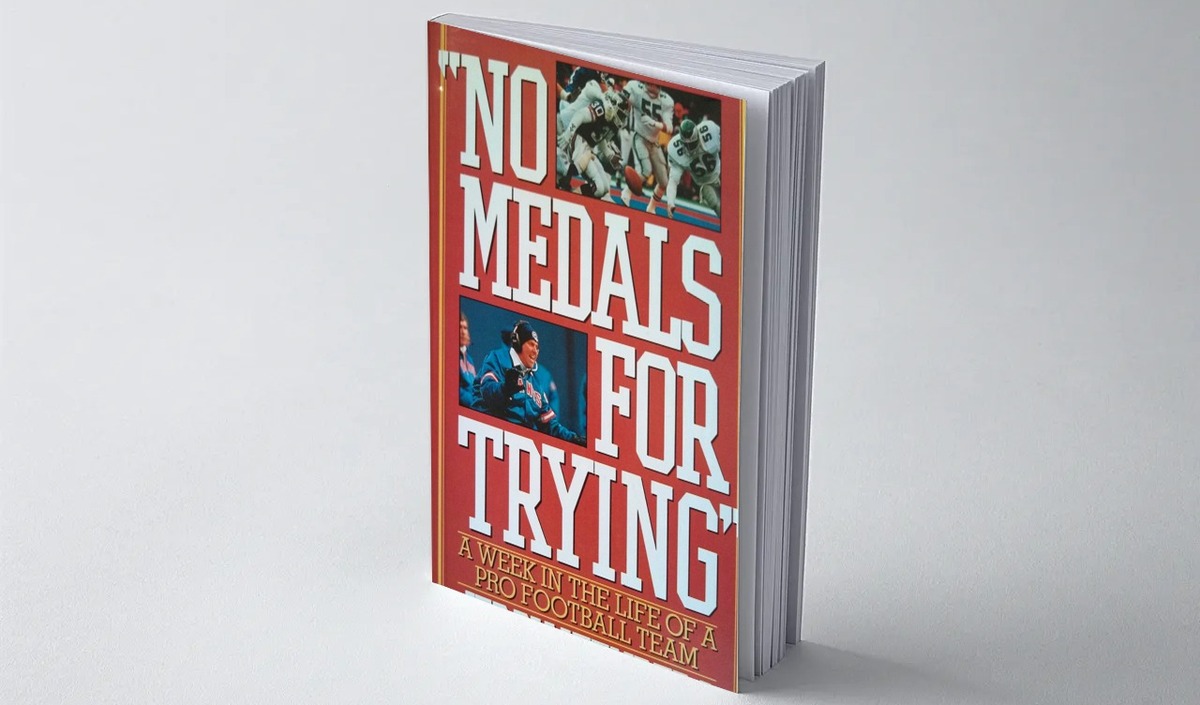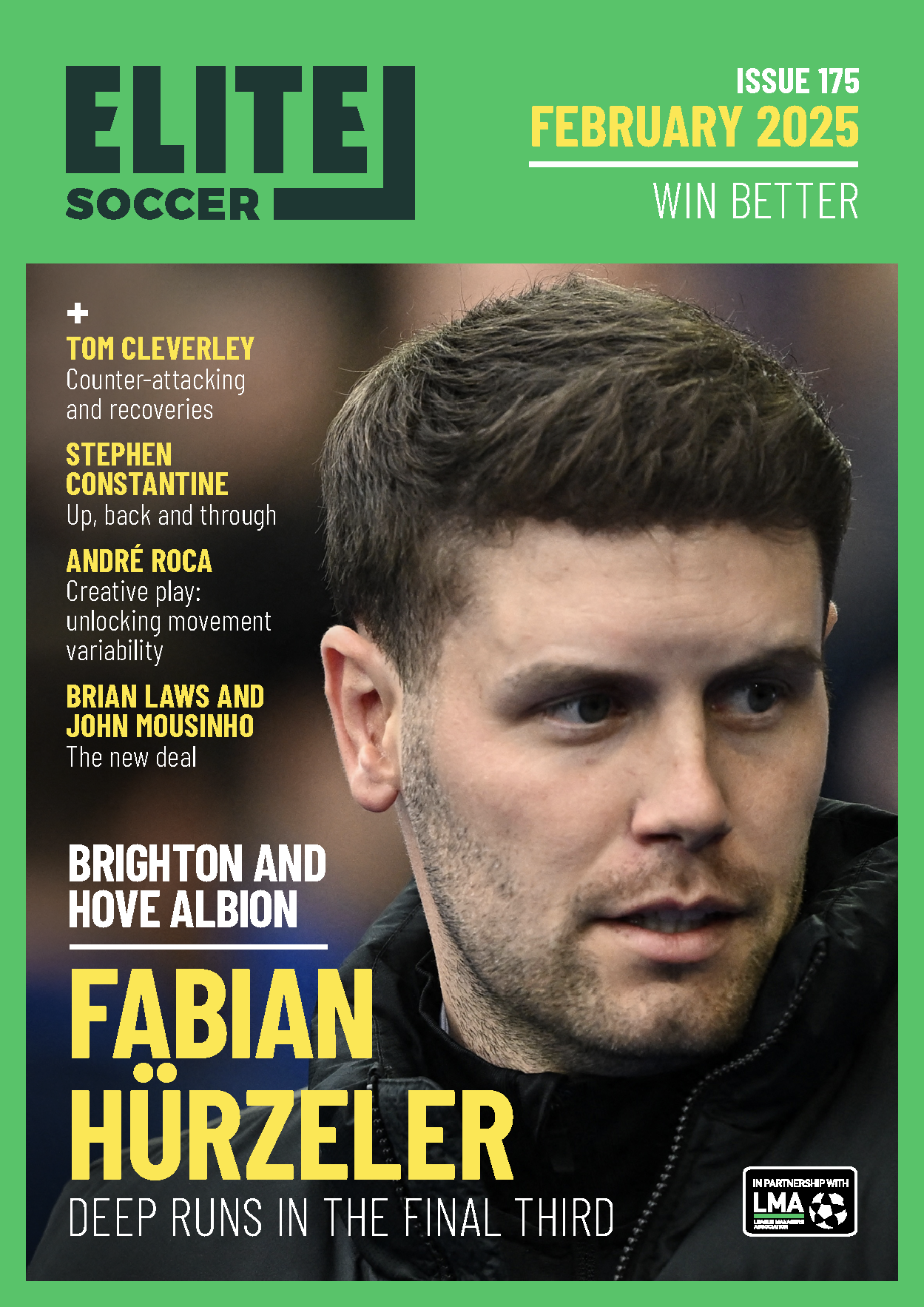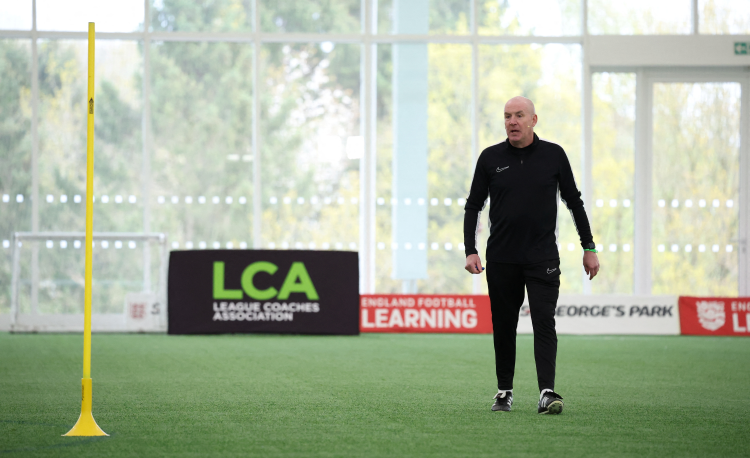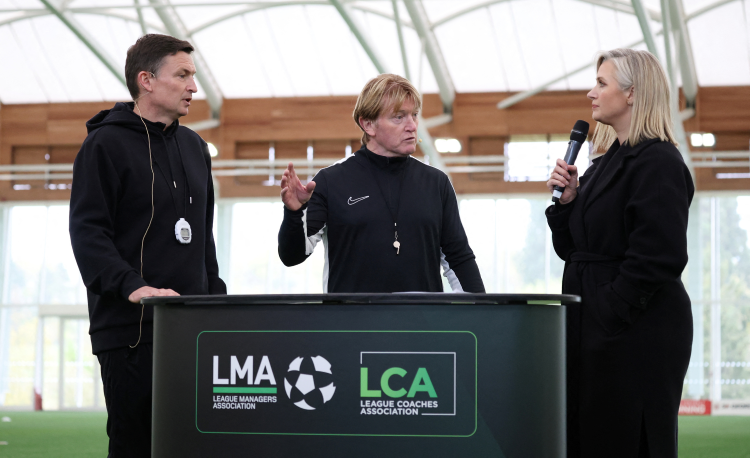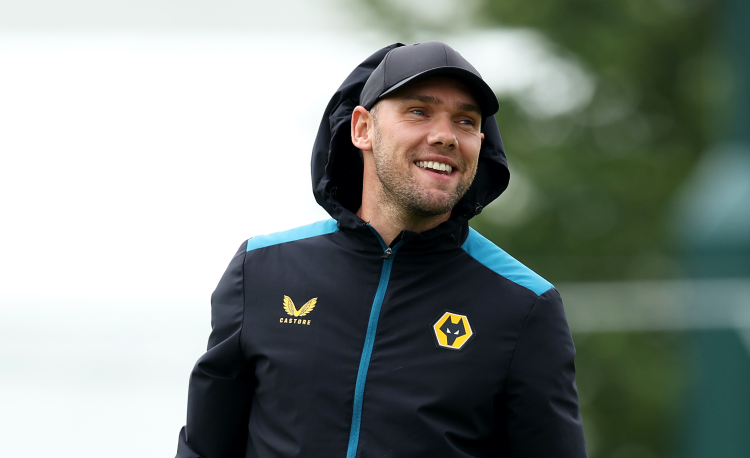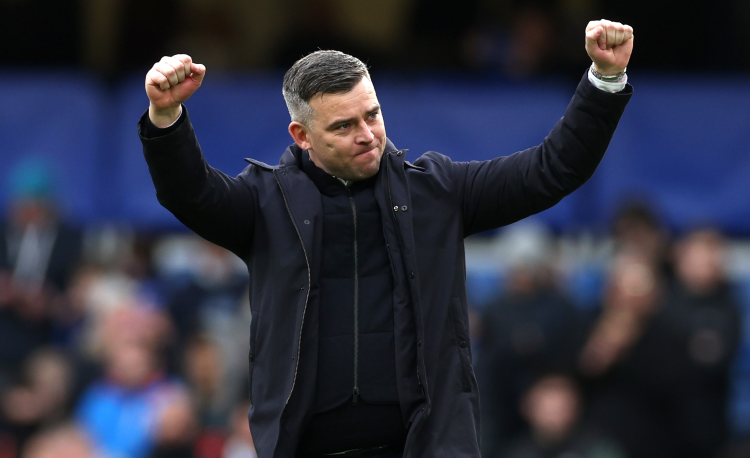You are viewing 1 of your 1 free articles
Two American classics
Both of these books are about American Football. Both of them are out of date. Vince Lombardi, the godfather of American Football died in 1970, and Bill Parcells, the main character in Izenberg’s book, is now 71 years old. What is their relevance to modern professional soccer coaching?
The common factor, and the relevance to soccer today, is that both Lombardi and Parcells are a deep reservoir of authentic coaching values, and the essence of those values is communicated particularly well. As John Madden says of Run to Daylight!, “I was amazed at how nothing has really changed. The book hasn’t dated; if anything, it’s even better because more readers are aware of the love that Lombardi’s players still have for him.”
Both books are structured in the same way. They describe the seven-day preparation cycle for two NFL league games at a tipping point in
the season. One team advances to the play-offs successfully, the other does not.
In both cases the writers – W.C. Heinz and Izenberg – were allowed unprecedented access to the teams and characters they were describing. They were allowed to live through the working week with them. A sign of the intimacy is there in Lombardi’s initial defensiveness with Heinz – he refused to talk about anything but football, and Heinz had to build up a sense of the characters through Lombardi’s wife Marie instead.
In terms of British sporting books, I can only think of Hunter Davies’ The Glory Game on his [journalistic] season with Tottenham Hotspur, and Paul Kimmage’s book on his cycling career Rough Ride falling into the same bracket, written as it were from the inside out.
Lombardi and Parcells could be described as dynastic coaching personalities in the NFL. What they taught in their clubs, others have taken on at the highest level. Out of Parcells’ coaching staff in the 1989 group, both Bill Belichick and Tom Coughlin are now multiple Superbowl-winning coaches. They have won six championships between them. Lombardi’s gift for coaching aphorisms, like “Winning isn’t everything, it’s the only thing”, have given him iconic status across all team sports.
But what grants these books their real impact is that they’re a cross-section of a successful coach’s life. Viewed over seven days, you get to see the ups and the downs, the uncertainties and the niggles and the exhaustion and the little victories. The late-night sleep-overs in the office and the irritation with the media, the all-too-temporary re-unions with loved ones and family, the worries about the weather predictions and who’s injured and who’s not.
But most of all, you see the embedded values that keep the wheels turning: “Winning is not a some-time thing; it’s an all-time thing. You don’t win once in a while, you don’t do things right once in a while, you do them right all the time. Winning is a habit.”
There are very many anecdotes in both books that are small jewels of values in action. When Parcells interviews Reyna Thompson for the post of special-teams captain on the New York Giants, the conversation takes an unexpected turn. Thompson begins to give Parcells his playing resume, but Parcells cuts in: “I know about your football. What I want to know more about is you as a person”. It turns out that Thompson is studying for a university degree and planning for his life outside football and that is what Parcells wants to hear. It is character-plus-skills that succeeds, not just skills, and perhaps that is why most of Parcells’ players and coaches still talk today about their experiences with him as if it was yesterday, and as if they’re still standing on the side-line together.
Likewise for Lombardi, football is not a game for exotic or sophisticated playbooks, it is all about discipline and fundamentals, about blocking and tackling and about doing the right thing most of the time. For a coach, it’s about knowing what he really wants. When he’s asked to describe the difference between an average coach and a good coach, for Lombardi it’s not in the organisation at training, the buying of players, the construction of game-plans : “It’s knowing what the end is supposed to look like. If a coach doesn’t know what the end is supposed to look like, he won’t know it when he sees it.”
What makes both books so compulsively readable is that, as a reader, you’re never convinced that the all the plays and prep and technical talk, the “Xs and Os” are more important than the people involved. So when Parcells bursts into the physio’s room and demands an update on one of his key players who has a swollen ankle, the physio replies that he’s packed it in ice. After a pause and a scowl, the response comes: “But is it our coldest ice?” “Typical Bill” says the physio. “He never really believes you can do your best without a foot up your ass.”
Even the relationships with the media are leavened with this sense of humour. Parcells relates a story about how as a young coach, he found himself at the Bull Pond in West Point with one of the top New York sports writers, Tim Cohane:
“One day I said to him, ‘Tim. I want you to teach me to write.’ And he tells me to go write something about Bull Pond. So I go off and write a whole page about Bull Pond. Worked real hard on it. Used all these big adjectives and everything. Tim was out on a raft on the pond when I finished. When he sees what I wrote, he says, ‘This is a pile of crap. You have to be precise, direct and to the point. You should write something simple like, ‘Bull Pond is a nice place where I go each summer with a few friends.’
“Anyways, a few years later I’m coaching Air Force and we’re playing Boston College up there, so Timmy calls and asks if I’ll write something for the BU school paper. I told him I’d be glad to. I wrote, ‘My team is slow and very friendly.’ That’s all I wrote.”
Both Running to Daylight and No Medals for Trying are invaluable “insider” guides to the dynamics behind top-level coaching. They are not theoretical works. They are week-long dramatisations of a coaching-in-action, of “how to manage a multitude of uncontrollable events while sticking to what you really want”. The spirit behind both books could best be summed up in the legend that still stands above the entrance to the playing field to the Meadowlands, home of Parcells’ New York Giants : “Blame Nobody. Expect Nothing. Do Something.”
Essential reading for all serious coaches of team games.
Editor's Picks
Deep runs in the final third
Using the goalkeeper in build-up play
Pressing principles
Intensive boxes drill with goals
Penetrating the final third
Creating and finishing
My philosophy
Pressing initiation
Compact team movement
Coaches' Testimonials

Alan Pardew

Arsène Wenger

Brendan Rodgers

Carlos Carvalhal

José Mourinho

Jürgen Klopp

Pep Guardiola

Roy Hodgson

Sir Alex Ferguson

Steven Gerrard
Related
Principles in possession
Counter-attacking
Coaches' Testimonials

Gerald Kearney, Downtown Las Vegas Soccer Club

Paul Butler, Florida, USA

Rick Shields, Springboro, USA

Tony Green, Pierrefonds Titans, Quebec, Canada
Join the world's leading coaches and managers and discover for yourself one of the best kept secrets in coaching. No other training tool on the planet is written or read by the calibre of names you’ll find in Elite Soccer.
In a recent survey 92% of subscribers said Elite Soccer makes them more confident, 89% said it makes them a more effective coach and 91% said it makes them more inspired.
Get Monthly Inspiration
All the latest techniques and approaches
Since 2010 Elite Soccer has given subscribers exclusive insight into the training ground practices of the world’s best coaches. Published in partnership with the League Managers Association we have unparalleled access to the leading lights in the English leagues, as well as a host of international managers.
Elite Soccer exclusively features sessions written by the coaches themselves. There are no observed sessions and no sessions “in the style of”, just first-hand advice delivered direct to you from the coach.
